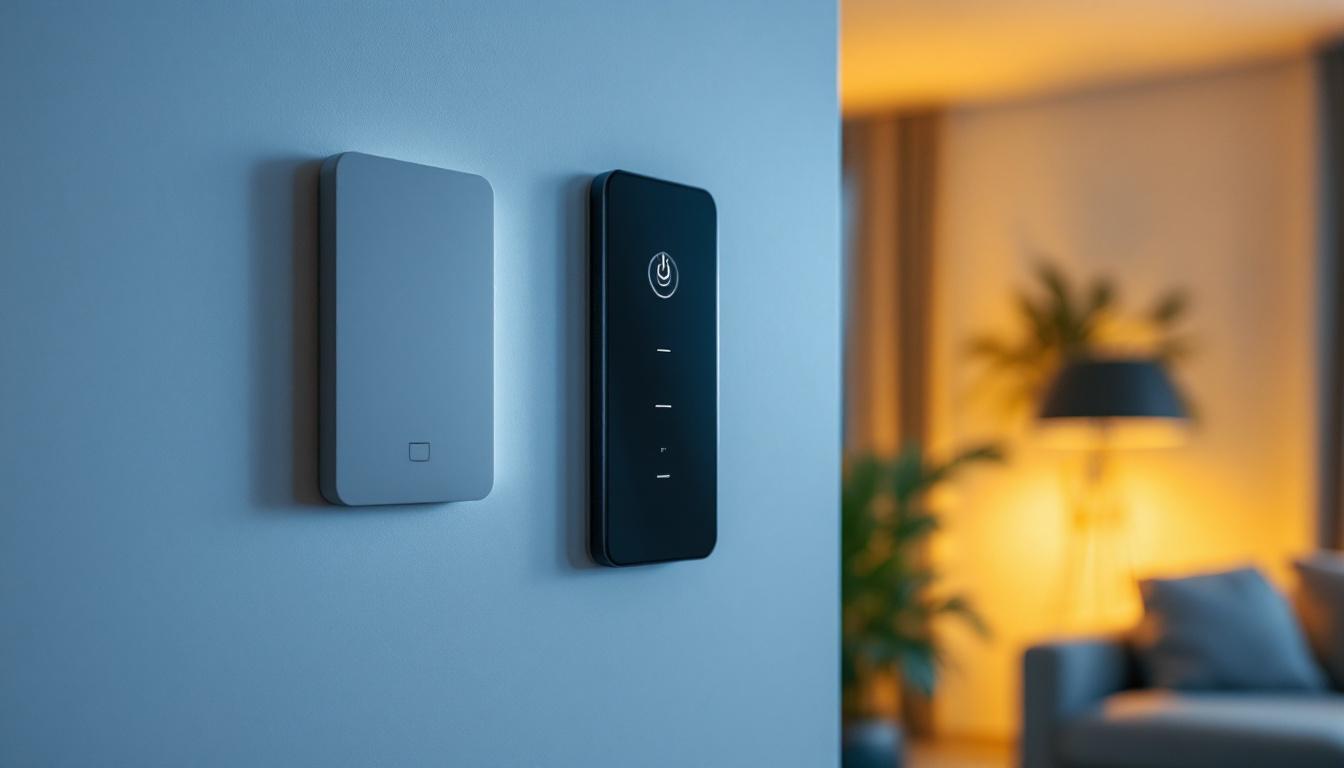
Lighting is an essential aspect of any construction or renovation project, and for lighting contractors, understanding the nuances of supplier lighting is crucial. This comprehensive guide serves as a resource for lighting contractors looking to enhance their knowledge and improve their business practices. From sourcing quality products to understanding the latest trends in lighting technology, this handbook covers everything necessary to thrive in the competitive lighting industry.
Supplier lighting refers to the various lighting products and solutions provided by manufacturers and distributors to contractors and businesses. The relationship between suppliers and contractors is vital, as it influences the quality of projects and the satisfaction of clients. A good understanding of supplier lighting can help contractors make informed decisions that enhance their service offerings.
Suppliers play a pivotal role in the lighting industry. They provide not only the products but also the technical support and resources necessary for contractors to execute their projects successfully. A reliable supplier can offer insights into the latest technologies, energy-efficient solutions, and compliance with industry standards.
Moreover, suppliers often have access to exclusive products and deals that can give contractors a competitive edge. Establishing a strong relationship with suppliers can lead to better pricing, priority access to new products, and valuable training opportunities. Many suppliers also offer design assistance, helping contractors visualize how different lighting solutions can enhance a space. This collaborative approach not only improves the aesthetic appeal of a project but also ensures that the lighting meets functional requirements, such as brightness levels and energy consumption.
Lighting contractors must be familiar with the various types of lighting products available in the market. These include residential, commercial, and industrial lighting solutions. Each category has its unique requirements and specifications, and understanding these can help contractors tailor their services to meet client needs.
Additionally, contractors should be aware of the different technologies available, such as LED, fluorescent, and incandescent lighting. Each type comes with its advantages and disadvantages, and the choice often depends on the specific application and client preferences. For instance, LED lighting is renowned for its longevity and energy efficiency, making it a popular choice for both residential and commercial applications. On the other hand, incandescent bulbs, while less efficient, provide a warm light that many homeowners still prefer for ambiance. Furthermore, advancements in smart lighting technology are revolutionizing the industry, allowing for remote control and automation, which can significantly enhance user experience and energy management.
Understanding the nuances of these products not only helps contractors recommend the best solutions for their clients but also positions them as knowledgeable professionals in a competitive market. By staying informed about emerging trends, such as tunable white lighting or the integration of IoT devices, contractors can further elevate their service offerings and meet the evolving demands of their clientele.
Selecting the right supplier is a critical decision for lighting contractors. It can significantly impact the quality of work and the overall success of projects. Several factors should be considered when evaluating potential suppliers.
The reputation of a supplier in the industry is paramount. Contractors should research potential suppliers, looking for reviews and testimonials from other professionals. A reliable supplier will have a proven track record of delivering quality products on time and providing excellent customer service.
Additionally, attending industry trade shows and networking events can help contractors meet suppliers in person and gauge their reliability and professionalism. Building relationships in person can often lead to more fruitful partnerships. Engaging in conversations with other contractors about their experiences can provide valuable insights into a supplier’s reliability and responsiveness. Moreover, it’s beneficial to ask for references and follow up with previous clients to understand how the supplier handled challenges and maintained communication throughout the project lifecycle.
Another essential factor to consider is the range and quality of products offered by the supplier. A good supplier should provide a diverse selection of lighting products that meet various project requirements. This includes everything from standard fixtures to specialized lighting solutions.
Quality is equally important; contractors should ensure that the products meet industry standards and regulations. Using high-quality lighting products not only enhances the final outcome but also reduces the likelihood of issues arising during installation or after the project is completed. Furthermore, suppliers that offer warranties or guarantees on their products can provide an additional layer of security for contractors, ensuring that they are protected against defects or failures. It’s also worth exploring whether the supplier engages in sustainable practices, as eco-friendly products are becoming increasingly important in the construction and design industries. This not only aligns with modern consumer preferences but can also lead to potential cost savings in energy efficiency for clients in the long run.
Once a supplier has been chosen, it’s essential to foster a strong relationship. A good partnership can lead to better communication, more favorable terms, and enhanced support throughout the project lifecycle.
Effective communication is the cornerstone of any successful supplier relationship. Contractors should maintain open lines of communication with their suppliers, discussing project timelines, product availability, and any potential issues that may arise.
Regular check-ins can help ensure that both parties are aligned and can address any concerns proactively. This level of engagement can also lead to better collaboration on future projects.
Negotiation is a crucial aspect of supplier relationships. Contractors should feel empowered to negotiate terms that work for both parties. This can include pricing, delivery schedules, and payment terms.
Building a long-term relationship with suppliers can often lead to more favorable terms over time. Suppliers are more likely to offer discounts or special deals to contractors who consistently bring them business and maintain a good rapport.
The lighting industry is constantly evolving, with new technologies and trends emerging regularly. For lighting contractors, staying updated on these changes is essential for maintaining a competitive edge.
Technological advancements have significantly impacted the lighting industry. Innovations such as smart lighting, IoT integration, and energy-efficient solutions are becoming increasingly popular. Contractors should familiarize themselves with these technologies to offer clients the latest options.
Additionally, understanding how to integrate these technologies into existing systems can set contractors apart from their competitors. Training and continuous education can be beneficial in this regard.
As sustainability becomes a priority for many clients, lighting contractors must be knowledgeable about energy-efficient solutions. This includes understanding the benefits of LED lighting, solar-powered options, and other sustainable practices.
Contractors can also help clients navigate incentives and rebates available for energy-efficient upgrades, making it a win-win situation for both parties. This not only enhances the contractor’s reputation but also contributes positively to the environment.
Effective inventory management is crucial for lighting contractors, as it directly impacts project timelines and budgets. Understanding the supply chain and how to manage inventory can lead to smoother operations.
Implementing inventory management techniques can help contractors keep track of their stock levels and ensure that they have the necessary products on hand for each project. This can involve using software solutions that provide real-time tracking and alerts for low stock levels.
Additionally, contractors should regularly review their inventory to identify slow-moving products and adjust their purchasing strategies accordingly. This can help minimize excess stock and reduce costs.
The supply chain can often present challenges, such as delays in product availability or shipping issues. Contractors should develop contingency plans to address these challenges proactively.
Building strong relationships with multiple suppliers can also provide backup options in case of unexpected disruptions. This flexibility can be crucial in meeting project deadlines and maintaining client satisfaction.
In the competitive landscape of lighting contracting, exceptional customer service can set a contractor apart from the competition. Satisfied clients are more likely to recommend services to others and return for future projects.
Listening to clients and understanding their specific needs is essential for delivering exceptional service. Contractors should take the time to discuss project requirements, preferences, and budget constraints thoroughly.
By demonstrating a commitment to understanding their clients, contractors can build trust and foster long-term relationships. This level of engagement can also lead to more successful project outcomes.
Providing after-sales support is an often-overlooked aspect of customer service. Contractors should be available to address any questions or concerns that arise after the project is completed.
This support can include troubleshooting issues, providing maintenance tips, or assisting with warranty claims. By being proactive in after-sales service, contractors can further enhance their reputation and encourage repeat business.
Supplier lighting is a multifaceted aspect of the lighting contracting industry, requiring a deep understanding of products, supplier relationships, and market trends. By focusing on building strong partnerships with suppliers, staying updated on industry innovations, and providing exceptional customer service, lighting contractors can position themselves for success.
Ultimately, the goal is to deliver high-quality lighting solutions that meet client needs while also contributing positively to the environment and the industry as a whole. With the right knowledge and practices in place, lighting contractors can navigate the complexities of supplier lighting and thrive in their field.
Ready to elevate your lighting projects with superior quality and unbeatable value? Look no further than LumenWholesale. We specialize in providing spec-grade lighting products that meet the highest industry standards, ensuring you deliver exceptional results to your clients. Say goodbye to inflated markups and hello to premium lighting at wholesale prices. Plus, with free shipping on bulk orders, you can enjoy the convenience and savings that come with purchasing from a trusted supplier. Don’t compromise on quality or cost. Wholesale Lighting at the Best Value is just a click away. Partner with LumenWholesale today and experience the difference.

Discover essential tips and strategies for lighting contractors to navigate common pitfalls in LED light installations.

Explore the science of light efficient design and discover how it revolutionizes the work of lighting contractors.

Discover how wall control ceiling fans can transform your lighting projects by adding convenience and style.

Discover innovative hacks and expert tips for smart lighting contractors to enhance outdoor lighting projects.